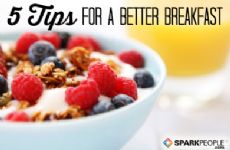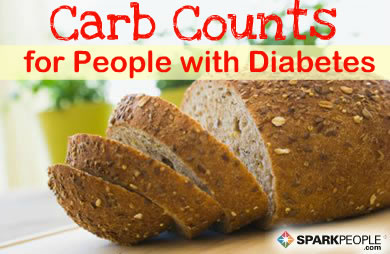
Regular activity is essential for a long and healthy life. Unfortunately, not everyone is aware of how much exercise it takes to reap its benefits. Below, you will find some fitness recommendations as well as nutritional tips that can be very beneficial for your health in the long run. Aerobic Activity Aerobic activities are activities that use large muscle groups. These exercises are maintained over a long period of time and are quite rhythmic in nature. By doing an aerobic activity, you are able to train your heart, lungs and your cardiovascular system, subsequently delivering more oxygen to various parts of the body. To live a healthy life, the average person needs at least 150 minutes of aerobic activity per week. If you do rigorous aerobic activity, you will only need 75 minutes each week. Ideally, it is best to do a combination of both. Examples of moderate aerobic exercises are swimming and walking. More rigorous aerobic activities are running, dancing and other similar activities that make you sweat and get your heart rate up. For most people, it is quite easy to find an exercise they enjoy in this category. Strength Training People who want to live a healthy life often limit their activities to the aerobic variety. However, strength training is just as important, because it makes your muscles stronger and increases your endurance. Health professionals recommend a strength exercise at least two times a week. There are no exact guidelines regarding time, so you can view strength training as a complementary training. Of course, those who want to gain extra muscle mass will need considerably more strength training than the average person. Nutrition to Get Fitter Getting fitter and living a healthier life is not only dependant on the amount of exercise you do, but also dependant on the foods you eat. Therefore, it is extremely important to have a good look at your current nutrition and possibly incorporate some of the great choices below. Turkey is without a doubt one of the best foods you can add to your diet. Skinless turkey breast contains a whopping seven grams of protein per ounce, plus it is also rich in vitamin B, zinc and selenium. When you mention oil and healthy living in the same sentence, you may get some strange looks. However, olive oil is rich in good monounsaturated fats, which actually protect your heart health. Recent studies have shown that a moderate amount of monounsaturated fat has the ability to reduce the risk of heart disease. On top of that, olive oil also has anti-inflammatory properties, which could be great for chronic pain conditions. Not everyone has heard of quinoa, a whole grain from the Andes. It is a great alternative for those who do not like to eat regular whole grains, because it is higher in protein and contains healthy unsaturated fat. It also has a healthy level of vitamin B. People struggling with a lack of energy during the day can benefit from adding black beans to their diet. Black beans can give you more energy, but also make you feel fuller, considering this food is high in fiber. The large fiber content in black beans is also beneficial for athletes with a sensitive stomach. Mainly known as an ingredient in many weight loss aids, green tea needs to be mentioned in this overview of foods because it can increase your fitness level. However, green tea has additional health benefits as well, including cancer prevention and slowing the development of Alzheimer’s. Even though eggs have been considered as a healthy addition to your regular diet for decades, nowadays it is often forgotten. Eggs should still be a part of your overall nutrition and exercise plan though, because eggs are a great source of protein. They also contain a vitamin called choline, which can increase your cognitive abilities. Many people add protein supplements to their diet, but often forget to consume one of the best sources of protein available–milk. In addition to a high protein content, milk also contains certain substances that increase your fat burn and slow down the storage of fat. One of the most basic, but most vital parts of your diet is water. Water regulates your body temperature, removes harmful toxins from your body and also helps to transport fat. Even if you do not have any weight to lose, consuming plenty of water still has numerous benefits for your body you cannot miss out on. Sweet potatoes have numerous nutrients that contribute to your health; this includes beta carotene, iron and vitamins C and E. All these nutrients perform a function in the body, more specifically protect the body against cellular damage. The majority of athletes are not lovers of soybeans, but they can be great for your health. Soybeans contain the proteins you can find in meat, the fiber you can find in whole grains and the antioxidants, vitamins and minerals present in fruits and vegetables. When you want to build muscle and gain more muscle mass, beef shouldn't be missing from your regular diet. Beef is extremely high in amino acids, which build muscle. In addition to that, it contains plenty of iron and zinc that will keep your cardiovascular system healthy. However, if you are concerned about the fat in regular beef, there are plenty of lean options to choose from. Get Health Coverage to Match Your Active Lifestyle Living an active lifestyle is beneficial for your health, but it does increase the chances of a fitness-related injury. Considering the fact that injuries can cost you quite a bit in medical costs, it is definitely a good idea to get health coverage to match your active lifestyle. There are many health insurers like GMHBA, that provide special packages meant for athletes and sports enthusiasts, so be sure to have a look at these packages if you do rigorous exercise on a regular basis. |
Popular EntriesRelated Entries
More From SparkPeople
|



.jpg)


.png)















